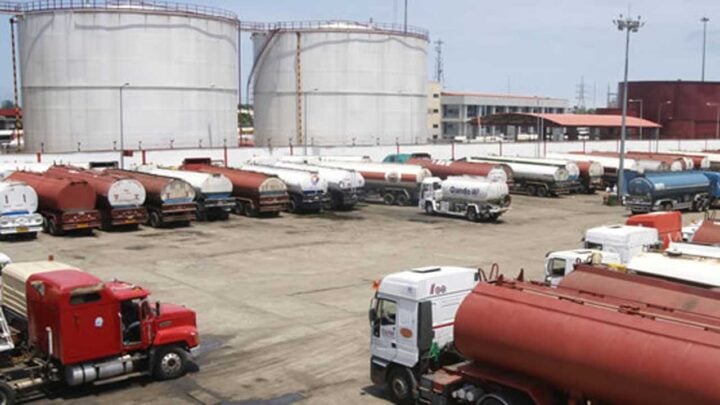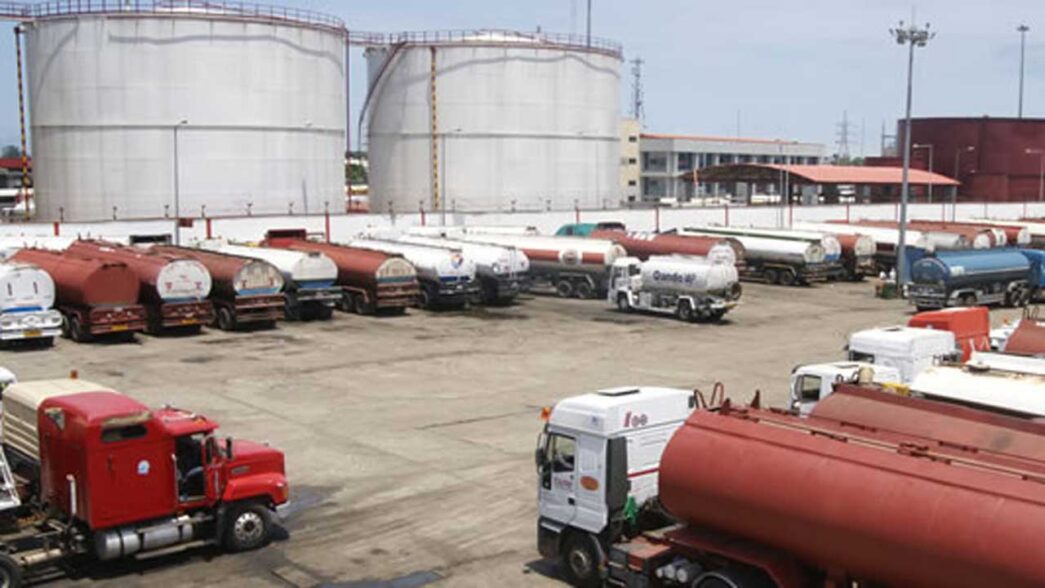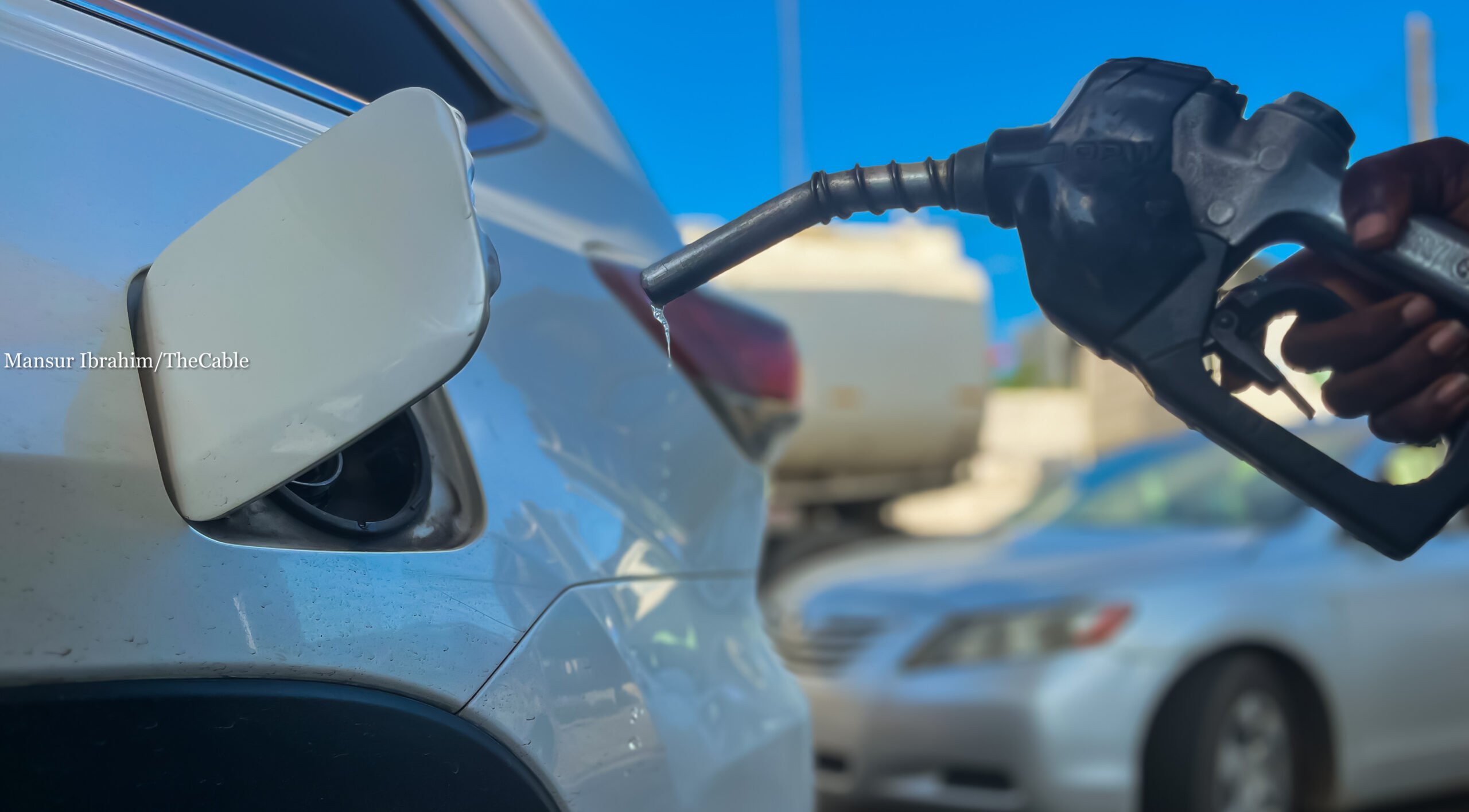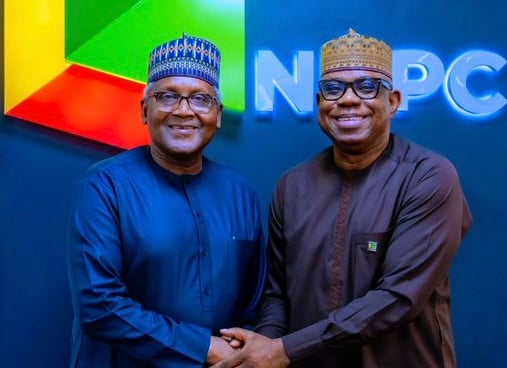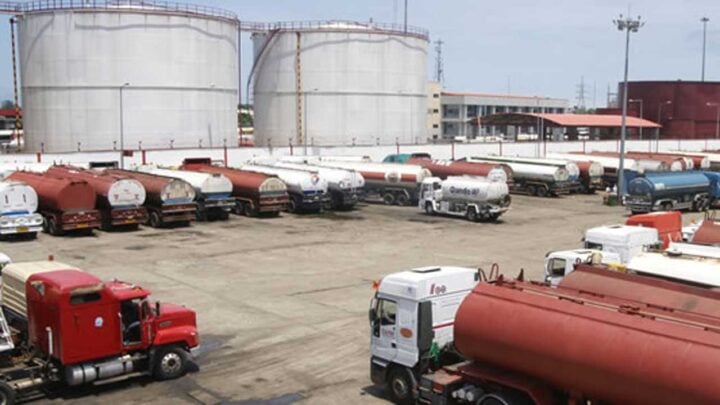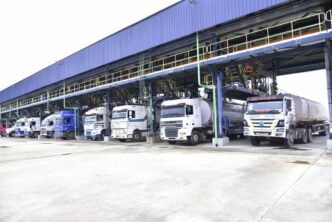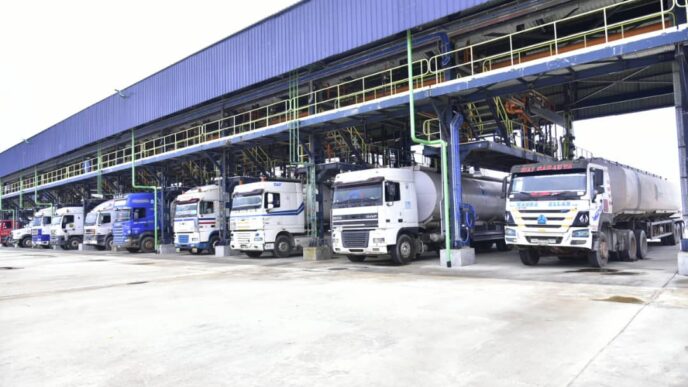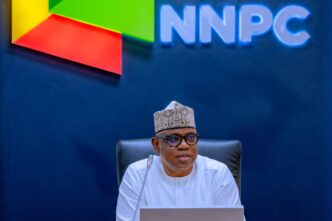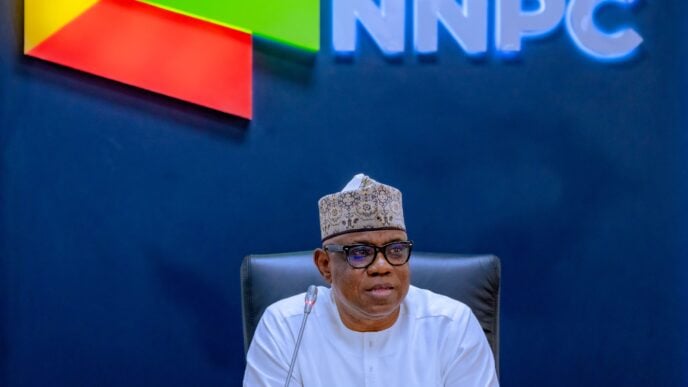The Petroleum Products Retail Outlets Owners Association of Nigeria (PETROAN) has asked the federal government to exempt petroleum products from the new “import ban” policy to sustain supply across the country.
On Monday, the federal executive council (FEC) approved a ‘Nigeria First’ policy aimed at prioritising locally made goods and services in all government procurements.
Under the policy, no foreign goods or devices that are already being produced locally will be procured without a clear and justified reason, according to the federal government.
Commenting on the development, Billy Gillis-Harry, president of PETROAN, applauded President Bola Tinubu, but warned against possible disruptions.
Advertisement
In a statement on Tuesday, Joseph Obele, spokesperson of the association, said Gillis-Harry spoke to journalists in Abuja on the implications of the new policy.
He was said to have asked the government to apply caution in implementing the new import policy to avoid economic setbacks.
“While commending the government’s efforts to strengthen the domestic economy and promote local content, PETROAN emphasized the need for careful consideration to avoid unintended consequences,” Obele said.
Advertisement
“The association urged the government to ensure that the policy does not lead to shortages or price increases, particularly in the petroleum sector, where local refining capacity is still being developed.
“PETROAN advised that essential and sensitive products, such as petroleum products, pharmaceuticals, and other highly consumable goods, should be exempted from the ban or have a waiver to ensure their continuous availability.
“This is because some products may not be readily available locally, or their local production may be insufficient to meet demand, leading to shortages and price hikes.”
Obele said PETROAN listed other factors that justify the continued importation of some goods, including the unavailability of required technology, higher quality standards of imported products, and economies of scale.
Advertisement
Obele said the association referenced foreign countries, especially the United States’ ‘America First’ strategy, which allowed for targeted tariffs rather than a total ban to accommodate essential imports.
He said while banning imports could help promote local production and reduce foreign exchange (FX) demand, it may also trigger shortages if domestic supply falls short, leading to price hikes and inflation.
According to the statement, Gillis-Harry said the policy should not worsen inflation or disrupt access to energy, which remains central to Nigeria’s economy.
“Our primary concern is the availability and affordability of petroleum products in Nigeria to meet the daily consumption volume of over 46 million liters of petrol and other petroleum products,” he said.
Advertisement
“We must ensure that our policies do not compromise energy security, as this could have far-reaching consequences for the economy and the well-being of Nigerians.”
PETROAN asked the government to prioritise investment in local refining infrastructure while supporting domestic manufacturers to strengthen economic stability.
Advertisement
